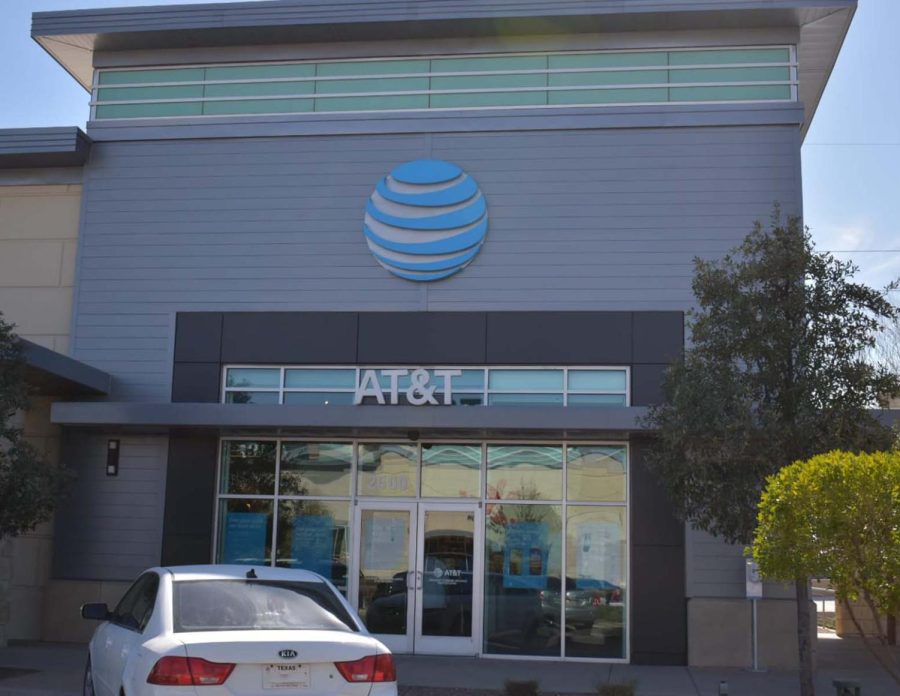AT&T rolled out a plan, working with the federal Affordable Connectivity Program (ACP), to provide affordable internet, replacing the Emergency Broadband Benefit (EBB), a fund launched in 2020 to aid households who could not afford stable internet connections during the pandemic.
The EBB was established by the Federal Communications Commission (FCC) to provide a lifeline for residents and students to stay connected to their jobs, schooling, and healthcare, according to the FCC.
This program provided up to a $50 discount for eligible families and up to a $75 discount for eligible families for specific tribal lands. However, the EBB was only a temporary program set forth to keep families afloat while the country was shut down, according to the FCC. Some saw this as an opportunity.
“A lot of people at first, when it was remote learning, I mean, not a lot of people had internet,” said Genaro Legarreta, sales representative for AT&T, “people actually relied on going to UTEP and using UTEP’s Wi-Fi. So, ever since, people started finding out about the programs that were offered for the funding of internet services, people got on it quick.”
The ACP replaced the EBB Dec. 31, 2021, providing a more long-term solution for the pandemic. This new program has a $14 billion fund to accommodate the trickle effect people are still seeing due to the pandemic.
Still provided by the FCC, the program provides a smaller discount of $30 on internet services to qualifying households and up to $75 on internet services for qualifying households for specified Tribal lands. The service also provides the possibility of up to $100 discount on a laptop, tablet, or desktop, according to ACP Benefit.
“I just feel like internet is a main necessity right now,” said Legarreta.
To be eligible for ACP, a household may fall into one or more of the categories, including your household income, being enrolled in government-assisted programs such as WIC, Medicaid, SNAP, Federal Pell Grant, and other programs, or having a dependent receiving a Lifeline Benefit, according to ACP Benefit.
For those living on Tribal lands, eligibility may include one or more of the following, any of the assistant programs listed previously, assistance from the Bureau of Indian Affairs, Tribal TANF, or those benefitting from food distribution.
Legarreta explains El Paso benefits greatly from this program after so many people were impacted from the pandemic, stating that he too had to apply since he was a UTEP student.
“People need that extra help, and it has benefitted because it still continued,” Legarreta said.
Kristen Scheaffer is a staff reporter and can be reached at [email protected].













